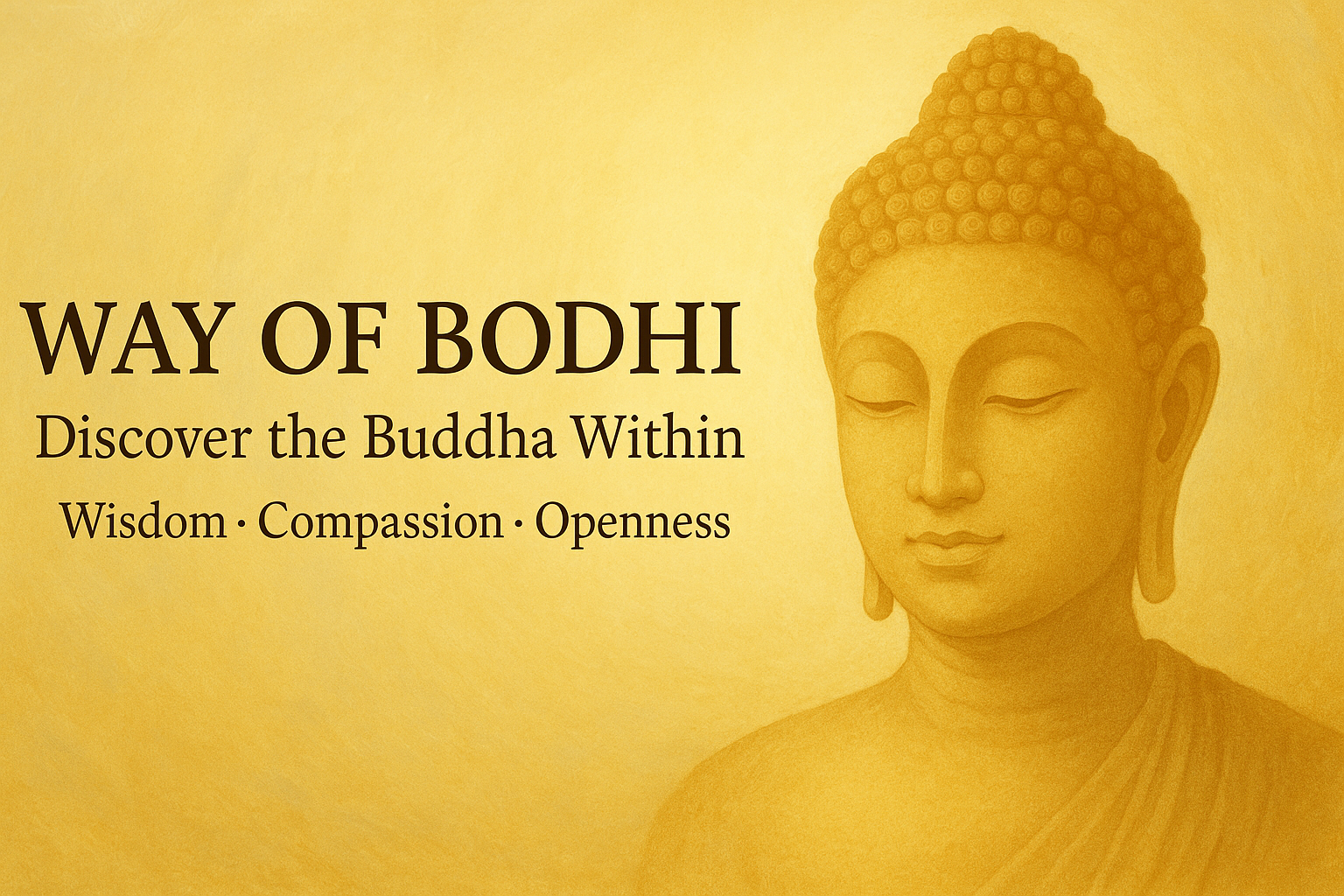The Genuine Freedom – What it Takes to be a Freethinker?

All of us make hues and cries about freedom. We talk about being a freethinker, wanting “freedom of expression”, “freedom to live the way we wish”. Excellent! Excellent! This is the mark of an empowered human. It indeed means the discovery of our ability to stand up, not being bound by cultures, traditions and autocracies. Yet, we remain in bondage, refusing to discover the inner freedom that makes every other aspect of freedom meaningful!
We claim to be “free thinkers”. But, are we really free in our thoughts?
If this is so, we must be thinking from clear and direct wisdom unstained by habitual presumptions, inclinations and taboos. Often, that is not the case. Whatever we hear, does it remain inside as just pieces of information we can use freely? Rather, it molds us to think in specific ways. What we hear turns into bondage – of presumptions, inclinations and taboos. That is why most people love the religion they are born into. They are growing up to be bound in their thinking. So is with tradition, culture and nationality. Even the secular education, the version of history we learn, and the latest hype in media creates constrains in our way of thinking.
Let alone that, even the most objective body of knowledge – the modern science – often molds us into fixed ways of thinking. Science is not the culprit here. Rather, it is the fault of the bounded man. Whatever he learns, he bounds himself with that. He likes the comfort of certain bondage. So, while coming out of religious blindness, he bounds himself in a new religion of science. That is why most people, even in the field of science, just work to protect the established positions and views and try to ignore the data that challenges it. They don’t imbibe the scientific temper, but they just turn into the warriors of a newly cast system. That is why they don’t become a Newton or Einstein, but just the worshippers of a new religion. They just moved from one type of bondage to another.
Unless we become mindfully aware of the very experience of how thoughts, emotions, interests, attention, etc. develop and play within, we remain in bondage in our thinking. We miss to see the beauty, flexibility and vibrancy of that play that we call ‘thinking’, as it arises. Instead, we just remain rigidly cast by the ‘thought’ that arouse without our knowledge. Unless we awaken to see every fragment of our mental process with spacious awareness, we remain in bondage. Then, in the name of ‘free thinking’ we are just ‘freely expressing bounded thinking’!
We like the freedom to ‘live the way we wish’. Yet, are we “free in our wishes”?

Even when we vehemently strive for the outer freedom to live the way we wish, we hardly care how a wish arises within. Situations around, bodily conditions, the habits we got into, etc. push us into a state of mind with a specific wish. If we are not free in choosing our state of mind, the wish we want to pursue is simply a result of bondage – that of being pushed into a state of mind by outer situations and habits!
Alas! We just strive for that outer freedom to live the way we wish, remaining contented with the original bondage inside! Thus in the name of ‘living the way we wish’, we ‘live the way of our imprisoned wishes’.
Can we ‘choose to be happy’? Can we choose our emotions? Do we have the freedom for that?
If a stimulus from outside has the power to make us angry, are we really free? If something can drag us into attachment and craving, are we really free? Ordinarily, feelings of happiness and suffering arise as if controlled by outer conditions. Various emotions arise within oneself, as oneself, before one even knows. We hardly notice the chain of inner events that leads us to a particular state of feeling and emotion. The real freedom dawns when we come out of being cocooned by these fleeting emotions. In real freedom, we can choose to be happy.
The Buddha discovered that kind of a freedom – to be a genuine free-thinker, to be a genuine free-wisher, to be a genuine free-doer. He discovered the freedom to be happy. He found the freedom to benefit all from a free state of profound joy. Every freedom that we make hue and cry about makes perfect sense when we complement it with that state of inner freedom – a state where we have perfect control because we learn to see as it is. In the absence of that freedom that the Buddha called Nirvana, all other freedoms remain simply the illusion of freedom — the expressions of bondage!
Here is a poem exploring this in detail –
The fire of hatred scorches from within,
The torrent of craving tosses us madly,
The quivers of fear shroud us in darkness.
Come on! Let us break into the cool trails of wisdom.
…
Let our thoughts be the play of that true freedom!
Let our speech be the song of that true freedom!
Let our deeds be the dance of benefiting others!
After waking up, let us see this world again
Read the full poem at Freedom – a Poem
- Turning of the Wheel of Dharma - November 26, 2024
- Compassion – The Profound Stirring That Overcomes Passivity - November 21, 2024
- This Moment – The Delight in this Day of Excellence - June 6, 2021



Brilliant:)
thanks for the info